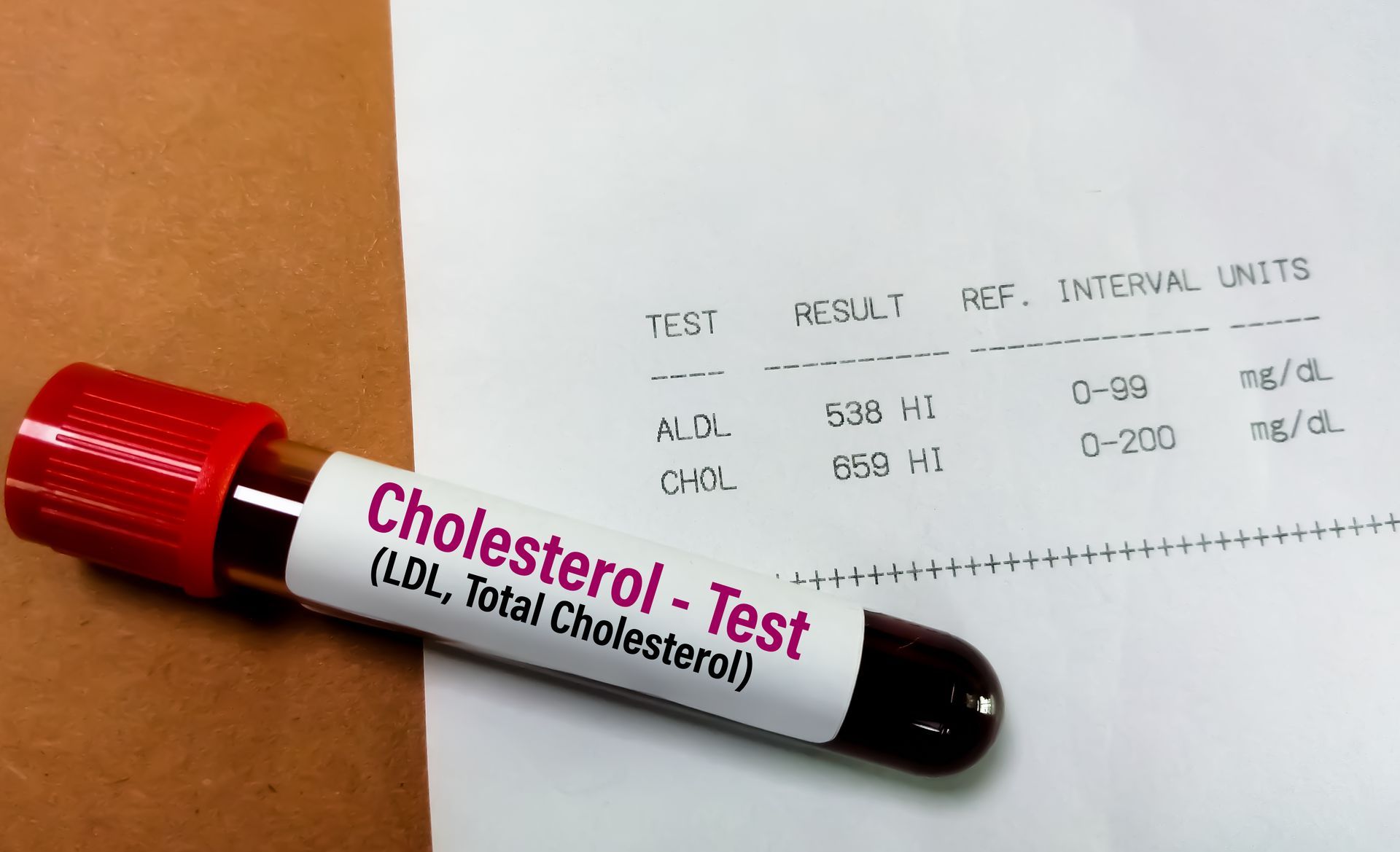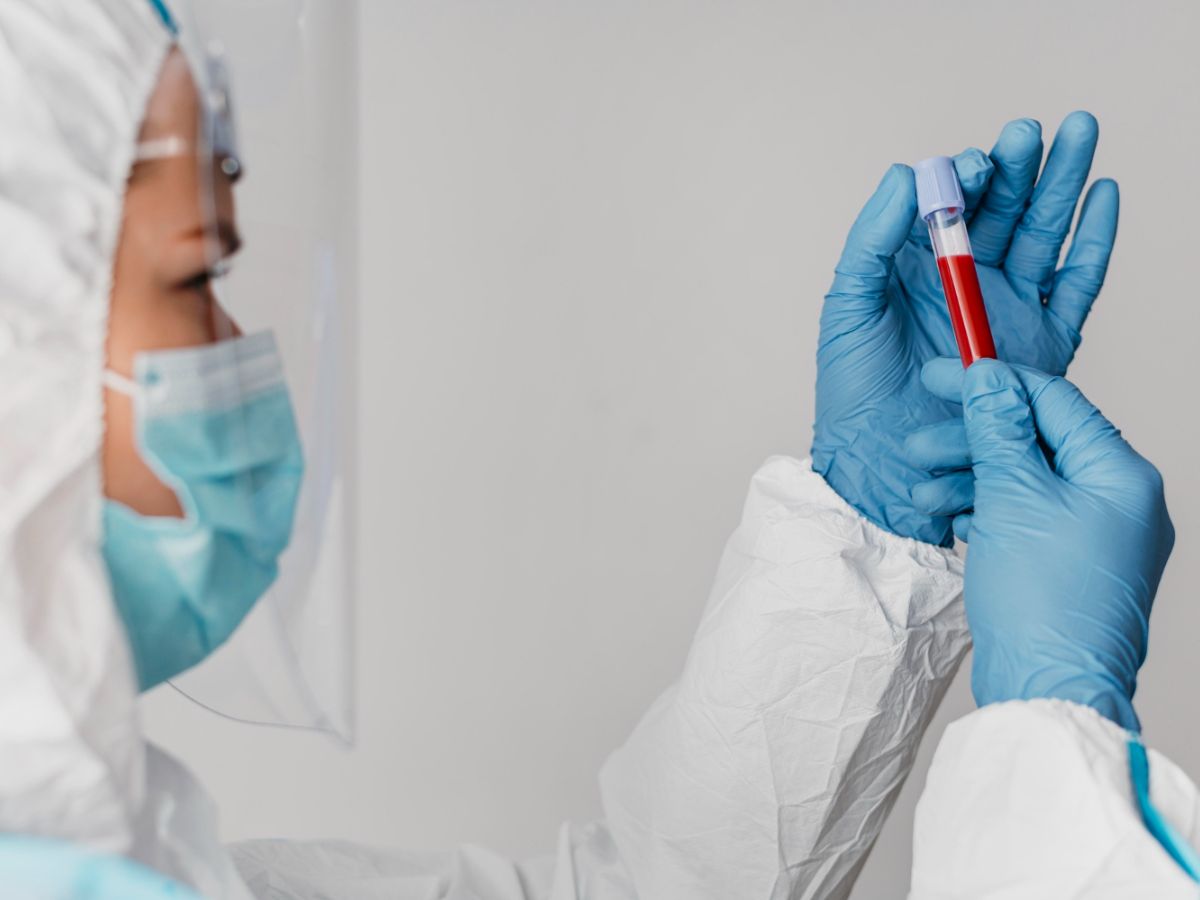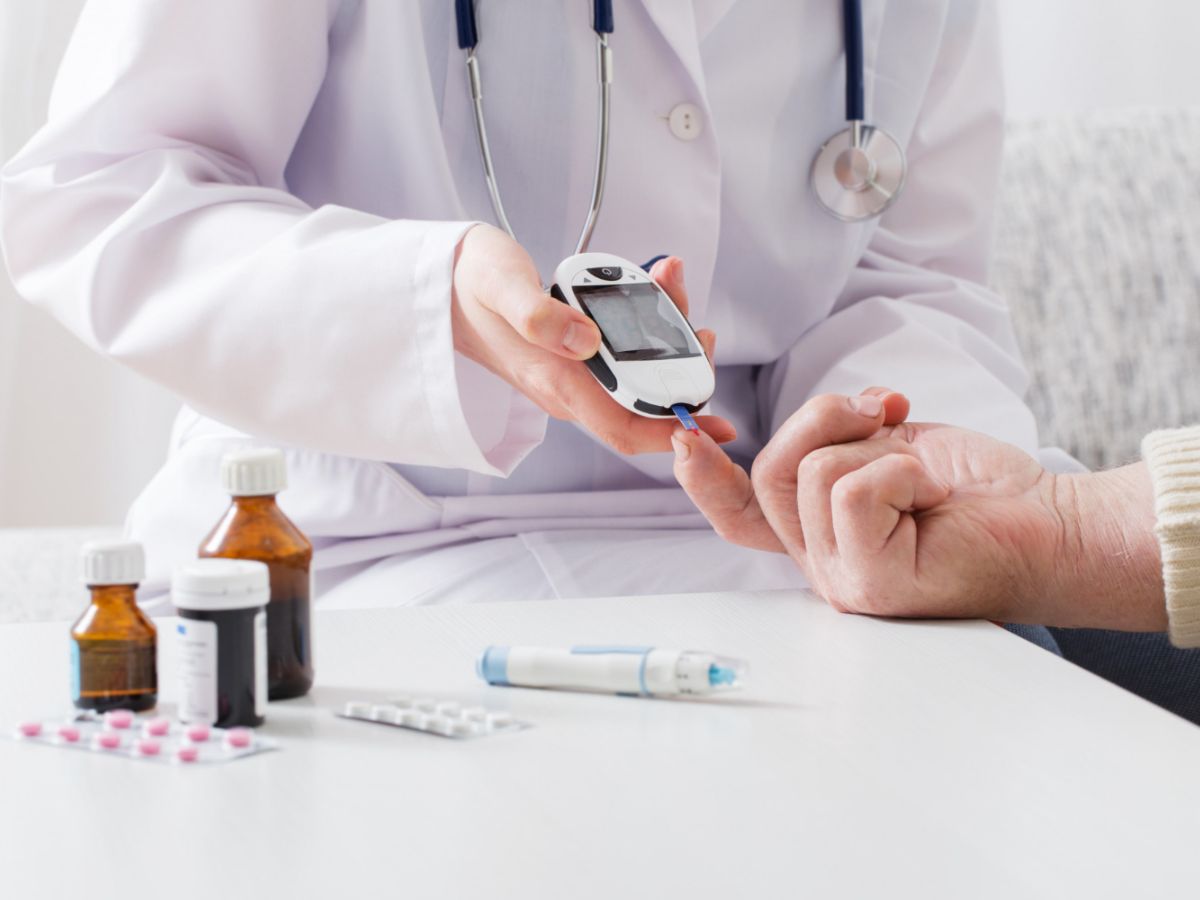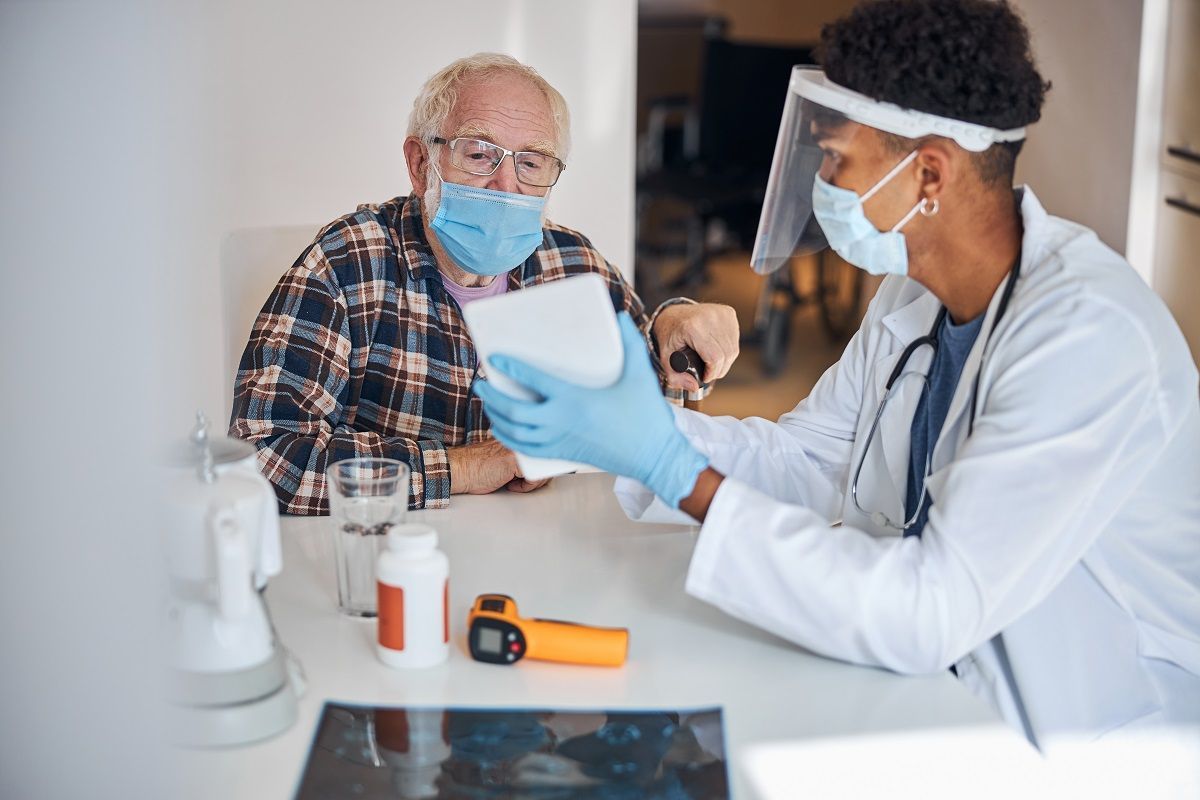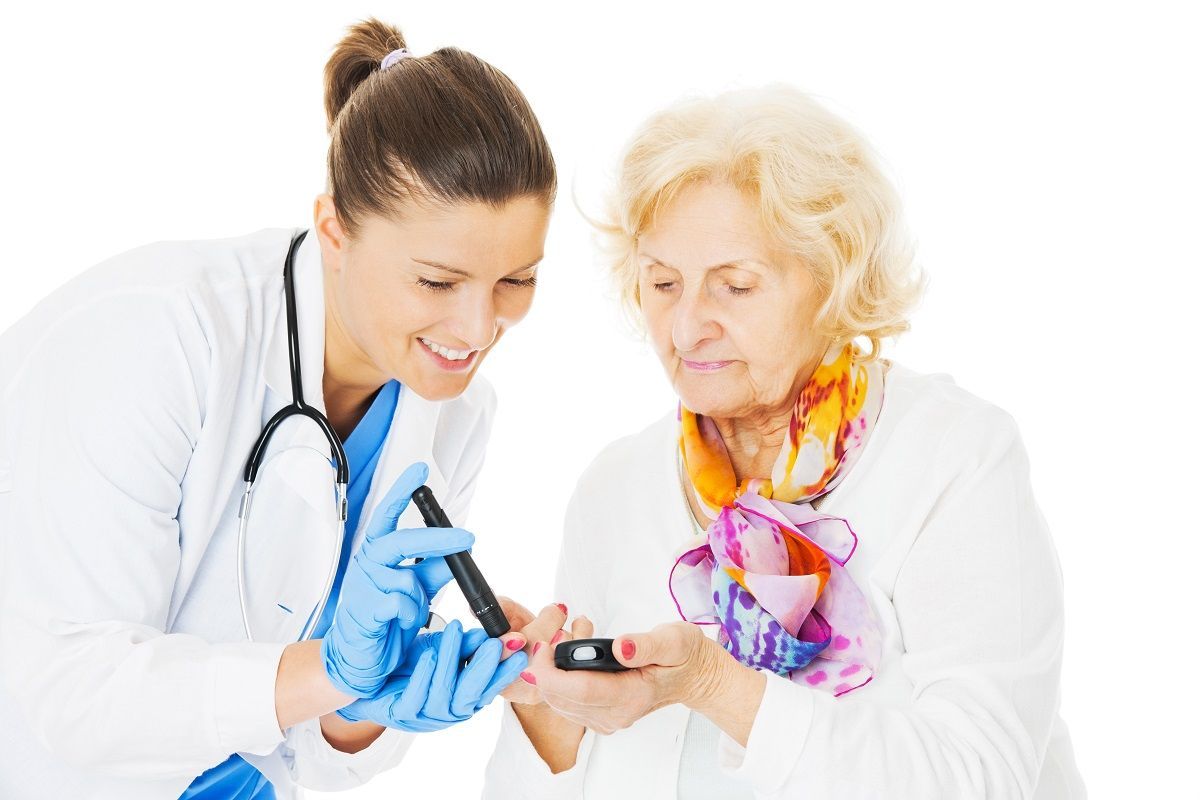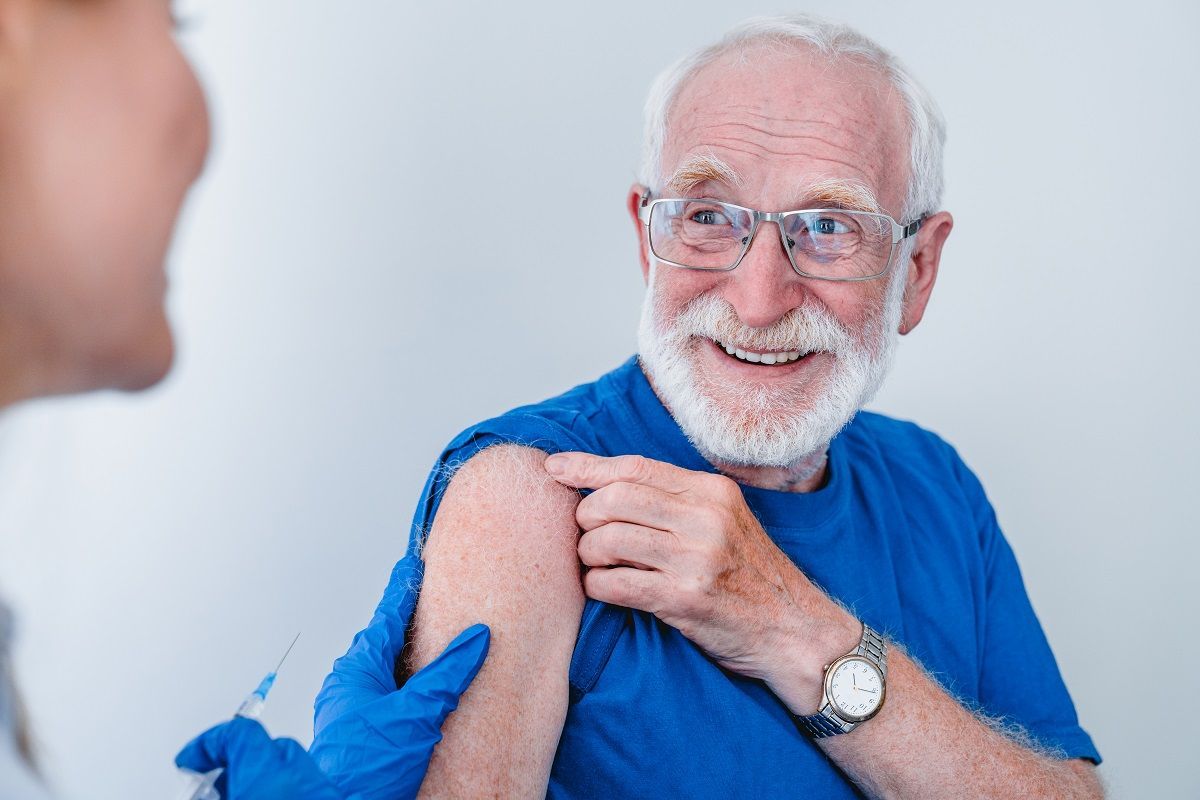Our Location
Elige tu idioma:
Top Preventive Health Screening for Seniors

As you age, it's crucial to be proactive about maintaining your health to live a life of wellness and vitality. A preventive health screening is an imperative element of this effort as it allows one to detect health problems before it becomes severe or life-threatening. This article will list the top preventive health screenings that people over 50 should undergo.
The Importance of Preventive Care for Seniors
Getting older is no easy feat. The good thing is that you can do a lot to enhance your physical and mental functions, enabling you to age healthily. Preventive health care has been essential to living longer and healthier lives. This is especially true for older adults. Older people have a greater risk of illnesses, accidents, and injuries than younger people.
Preventive health care aims to promote health and prevent diseases before they begin or uncover them early when they're easier to treat. It's also vital because seniors' bodies cannot tolerate many treatments that younger people can. For example, many medications come with side effects, which aging bodies are more likely to feel than younger ones; therefore, disease prevention is often the best option for seniors who want to lead healthy lives.
In addition, as seniors age, they often experience declines in their sensory systems, such as vision and hearing. Add to that decline in thinking skills, dexterity, and balance. This makes the task of driving or walking without assistance difficult. They also may develop chronic conditions such as arthritis or heart disease. These diseases make it more challenging to perform everyday tasks like grooming or preparing meals. Other factors, such as depression or cognitive decline from Alzheimer's disease, can also affect their ability to follow recommended treatments for chronic conditions.
Doctors can catch these declines and risks earlier and make recommendations to avoid them altogether by implementing preventative health care measures. It includes health screenings for the elderly, lab tests that can detect problems, vaccinations that prevent illness, and counseling on staying healthy and minimizing risks.
List of Screening Tests That Every Senior Should Take
To help seniors stay healthy and remain active, here's an overview of the most common preventive screenings older adults must take:
Blood Pressure Screening
High blood pressure usually doesn't show any warning signs, so it's called "the silent killer." Smoking, excessive weight, and high consumption of alcohol all contribute to high blood pressure and genetic factors. A doctor will recommend lifestyle changes if they notice that your blood pressure is high. You may also require medication to lower your blood pressure.
Cholesterol Screening
This is one of the most critical preventative screenings for seniors because it can help prevent heart disease, a major cause of death among the elderly. Most people over the age of 50 should have their cholesterol checked at least once every five years. People with risk factors, such as diabetes or high blood pressure, may require more frequent testing.
The test is done through a blood sample. It measures total cholesterol, HDL or "good" cholesterol, and LDL or "bad" cholesterol. Moreover, it measures triglyceride levels, a type of fat in the blood. Higher LDL cholesterol levels increase your risk for heart disease, while high triglycerides can signify diabetes and heart disease.
When your cholesterol is borderline high, a doctor may suggest modifying your eating and exercise routines before prescribing medications. If your levels are very high, they can add medicines on top of lifestyle changes.
Colorectal Cancer Screening
Colorectal cancer is the third-leading cause of cancer deaths in the United States among men and women combined. In 2022, it is estimated to cause 52,580 deaths. However, if detected early with a colonoscopy or fecal occult blood test (FOBT), survival rates are excellent. Therefore, regular screening - starting at age 50 and continuing through at least age 80 - is so important.
Skin Cancer Screening
When you get older, your skin's ability to repair itself and maintain its elasticity slows down. That's why seniors are more prone to developing skin cancer. The good news is that skin cancer is one of the most curable forms of cancer if it is caught early. Health care professionals recommend skin cancer screening beginning at age 50, All the more for people with fair skin, a family history of skin cancer, or a history of sunburns in childhood.
Diabetes Screening
The American Diabetes Association recommends diabetes testing for older adults over 45 once a year. The same recommendation also goes for younger people who are overweight or obese and have one or more risk factors for diabetes. A high blood sugar level can cause serious complications like heart disease, vision problems, and nerve damage.
Osteoporosis Screening
The disease osteoporosis weakens bones, causing them to be prone to breaking. It may occur at any age, though it is more prevalent in older women due to their lower bone density. Osteoporosis may go unnoticed until a fall, injury, or sudden strain causes a bone to break.
Doctors recommend that all seniors take a bone density test to prevent osteoporosis. This shows how dense (strong) your bones are — the lower the density, the greater the fracture risk. You can get this test at most hospitals, clinics, and doctors' offices. You usually lie on a table while an X-ray machine scans part of your body, such as your hip or spine.
Hearing Screening
Untreated hearing loss in older adults increases their risk of suffering from cognitive impairment, depression, and injuries. You might not notice any hearing changes because they can occur gradually. Doctors recommend hearing screening for people over 50 during a routine health visit.
It's a simple test. A person listens to tones with headphones or speakers in a quiet room. If you do not hear the tones, the healthcare provider will conduct more tests to determine how well you can listen to them.
Though hearing screenings are quick and easy, they won't diagnose a hearing problem. If your screening shows you might have trouble hearing, you'll need more tests with an audiologist or an otologist (ear doctor).
Vision Screening
Many adults don't get their eyes checked as often as they should. But vision screening is essential because eye diseases like glaucoma and macular degeneration are more common in older people. Adults over the age of 60, those with a family history of eye disease, and those who wear contact lenses should get an annual eye exam.
Mental Health Screening
Mental health screenings are important for older adults. Depression is common in this age group and is often misdiagnosed or not treated properly. It can affect how well you take care of yourself and cause memory problems, fatigue, and other physical ailments. Screening consists of taking a self-assessment test to determine your risk for depression. Your doctor may refer you to a mental health professional for further evaluation if necessary.
Stay Healthy in Your Golden Years!
Preventive care is an integral part of keeping older adults healthy. Unfortunately, many seniors do not take advantage of the preventive care services available. Senior groups should consider preventive care as part of one's overall wellness.
Ocana Medical Care, located in Tampa, FL, aims to bring you as much information as possible to keep you healthy. We're in this together. #ocanacares
“Respect. Compassion. Quality. Integrity. These are the values on which Ocana Medical Center was built. Our aim isn’t just to treat you today. We hope to earn your trust and be your healthcare provider for life.”
©2023 Ocana Medical Group, Inc.
USEFUL LINKS
GET IN TOUCH
Call Us Today
Send us Email
Our Location
Ocana Medical Center | All Rights Reserved.



